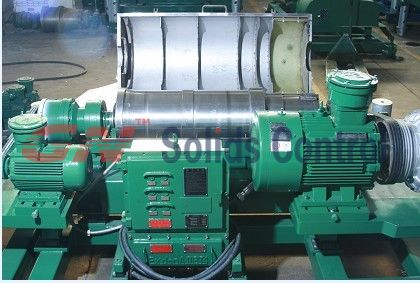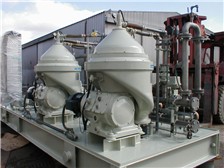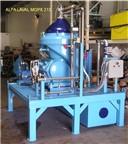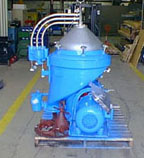In early 2004, A.Q. Khan, the father of Pakistan's nuclear weapons program, was placed under house arrest for his role in an international nuclear trafficking network. For five years, Khan was confined to his home, after admitting that he shared nuclear secrets with countries including North Korea, Libya and Iran.
At the time, President George W. Bush declared the breakup of Khan's nuclear black market as a major victory for the United States. But in a new book about the takedown of Khan's network, two journalists argue that the United States should have acted much sooner -- and when they did, it was too little, too late.
In Fallout, Douglas Frantz and Catherine Collins track the ways the United States secretly penetrated Khan's network to prevent Libya and Iran from obtaining nuclear secrets. Frantz tells Fresh Air's Dave Davies that the CIA knew about and tracked Khan's nuclear trafficking network for more than 30 years -- but was so obsessed with getting information that it let Khan and his associates spread dangerous nuclear technology around the globe rather than moving aggressively to shut the network down.
"They could literally have stopped him in his tracks [in the 1970s]. It would have done an enormous amount to delay Pakistan building its own nuclear weapon, to delay the arms race on the South Asian continent and to stop Iran from getting where it is on the nuclear front," Frantz says. "This is something that the CIA, in our view, has been guilty of for more than 30 years now."
Khan, a metallurgist, worked for several European governments, including the Netherlands, in the late 1970s, Frantz says. While in the Netherlands, Khan stole plans needed to develop the fuel for nuclear weapons.
The Dutch government didn't want to draw attention to its lapses in nuclear security and debated whether to arrest Khan. The Dutch security service, which believed Khan was a threat, appealed to the CIA to weigh in on whether the Dutch government should make the arrest.
"Instead, the CIA told the Dutch, 'Let him go; we'll watch him,' " says Frantz. "This was in 1975. In the subsequent years and decades, Khan became clearly the most dangerous proliferator in history."
Frantz and Collins trace the way the CIA allegedly infiltrated the Khan trafficking network by recruiting as spies the Tinners, a family of Swiss engineers closely connected to Khan. The three engineers allegedly supplied both the material and technical know-how to make gas centrifuges, which were then sold to Libya and Iran.
They also allegedly worked for the CIA, which is accused of hampering a six-year Swiss federal probe into the family's relationship with Khan by pressuring the Swiss government to destroy evidence in the case.
"The CIA enlisted senior officials in the Bush administration ... to begin to put pressure on the Swiss government to kill this investigation," Franz says. "But two weeks ago, on Dec. 23, a Swiss magistrate announced that he had filed a report with the Swiss attorney general recommending charges against the three Tinners for selling nuclear equipment to Libya. ... If they go to trial, all of this could come out in the open eventually, which would be absolutely fascinating."
Copyright 2011 National Public Radio. To see more, visit http://www.npr.org/.source: www.wbur.org












